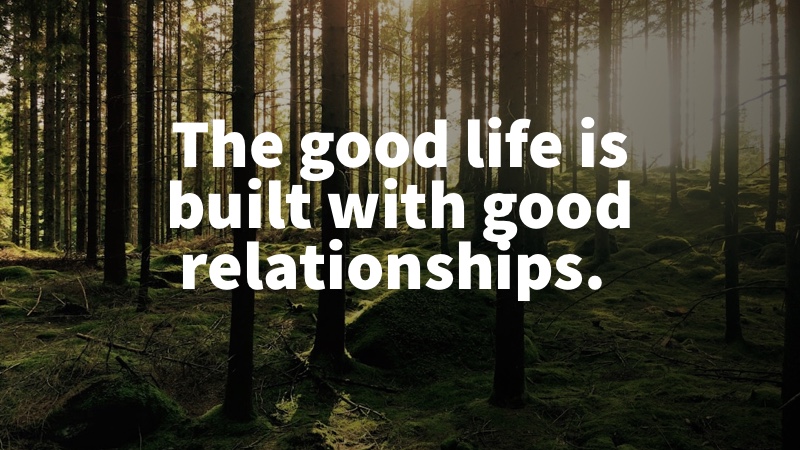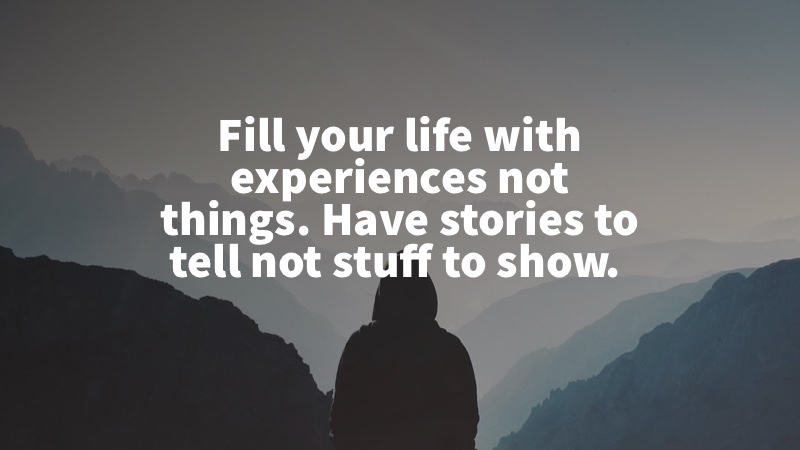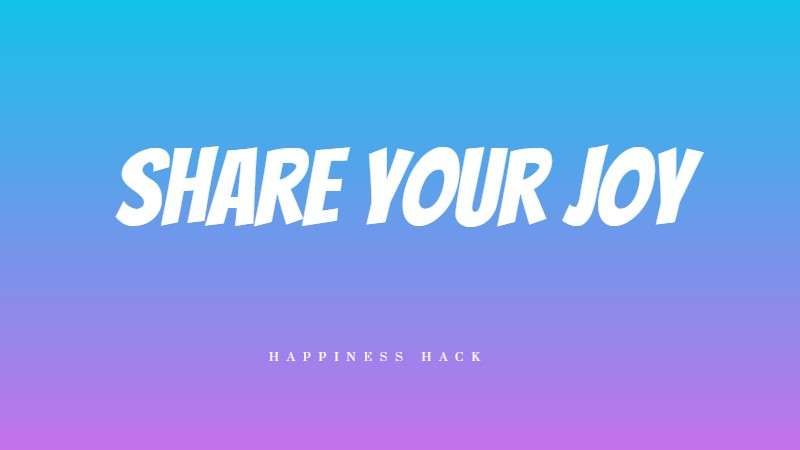Happy people love people, use things and find meaning beyond themselves. Unhappy people use people, love things and seek meaning in themselves.
Arthur Brooks
About the Author
Arthur C. Brooks is a social scientist, professor, and columnist born in 1964. He teaches at Harvard University, where he serves as the William Henry Bloomberg Professor of the Practice of Public Leadership at the Harvard Kennedy School and Professor of Management Practice at the Harvard Business School. Before his academic career, Brooks was a professional French horn player who performed with the Barcelona Symphony Orchestra.
The quote appears in Brooks’ 2019 bestselling book “Love Your Enemies: How Decent People Can Save America from the Culture of Contempt,” as well as in his Atlantic column and various lectures. Brooks often discusses this concept in his popular talks on happiness and meaning.
Beyond his academic work, Brooks writes the “How to Build a Life” column for The Atlantic and hosts the podcast “The Art of Happiness with Arthur Brooks.” He previously served as president of the American Enterprise Institute, a public policy think tank, from 2009 to 2019.
What makes Brooks unique among scholars is his combination of social science with spiritual wisdom. He regularly cites research alongside teachings from various faith traditions. His work on happiness stems partly from a transformative meeting with the Dalai Lama, who challenged him to help people find purpose and joy. This personal mission led Brooks to study happiness science and develop practical frameworks for living better, more meaningful lives.
The Meaning of the Quote
This quote presents a brilliant contrast between happiness and unhappiness by examining our relationship with people, possessions, and purpose. It neatly captures how our approach to these three areas shapes our overall wellbeing.
Happy people build their lives around loving relationships with others, view material items as tools rather than treasures, and find purpose in something larger than themselves. Unhappy people do the opposite: they manipulate others, worship their possessions, and focus solely on themselves.
My friend Sarah exemplifies the happy side of this equation. After leaving a high-paying but unfulfilling corporate job, she now works at a nonprofit for half the salary. “I used to buy expensive things to make up for hating my job,” she told me. “Now I own less but feel wealthy because my relationships are strong and my work helps others.”
Apply this wisdom with these practical steps:
Audit your relationship patterns. Do you primarily appreciate people for who they are or what they can do for you? When talking with others, notice if you mainly listen or wait to talk about yourself.
Track your shopping triggers. Next time you want to buy something, ask: “Am I buying this as a tool or as a reward?” Tools serve a purpose, while retail therapy often creates a short-lived emotional high.
Find service opportunities. Volunteer somewhere that uses your skills to help others. This puts your focus outward rather than inward.
Practice gratitude for people, not things. Each morning, list three people you’re thankful for rather than material possessions.
A teacher once told me how this principle transformed his classroom. “I noticed unhappy students collected status items and bragged about them, while happy students shared and looked for ways to help classmates,” he said. “Now I create opportunities for kids to experience the joy of helping others rather than competing.”
The quote also explains why wealth often fails to deliver happiness. Studies show that after meeting basic needs, more money correlates weakly with life satisfaction. What matters more is how we direct our resources and attention.
Tom, a retirement community director, sees this truth daily. “Our happiest residents are those who volunteer, maintain close friendships, and live simply,” he observed. “The unhappiest residents collect luxuries in their apartments but rarely join community activities.”
When we love people, we form connections that give life richness and meaning. When we use things properly, they become helpful tools rather than burdensome possessions requiring protection and maintenance. When we serve something beyond ourselves, we gain purpose that transcends our limitations and problems.
The beauty of this formula lies in its accessibility to everyone, regardless of circumstances. Even those with limited resources can build rich relationships, use what they have wisely, and contribute to causes beyond themselves.



Deja tu opinión sobre esto